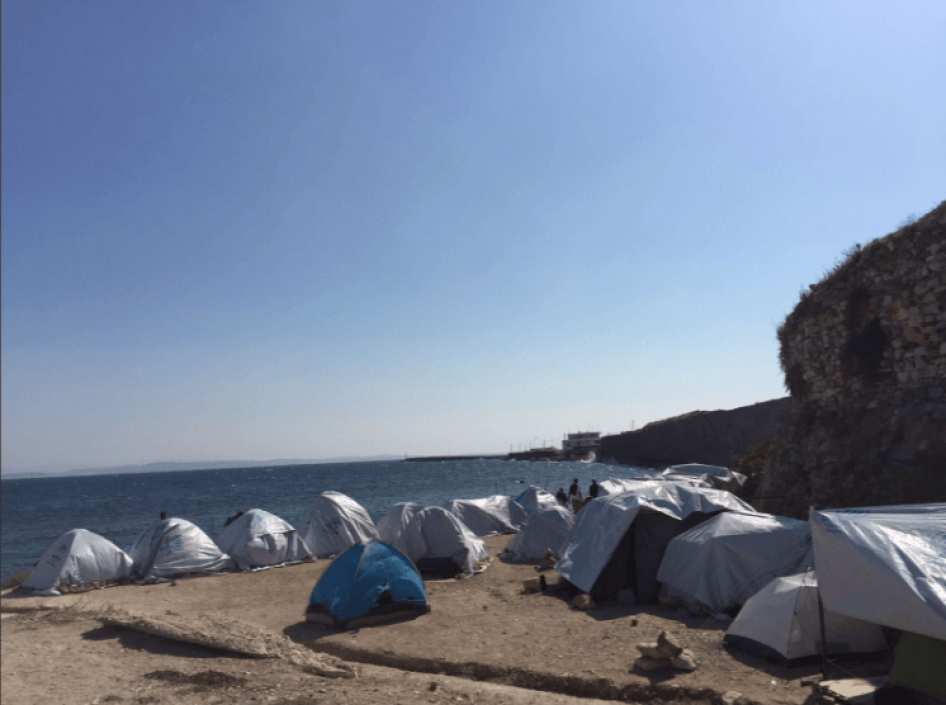The plan to relocate asylum seekers from Greece and Italy to other European states was one of the key responses to the humanitarian and political crisis faced by Europe. And the situation is urgent. More than 62,000 asylum seekers, most of whom have fled war and persecution, are stuck in an unsustainable situation in Greece.
Many families are condemned to stay in overcrowded camps for months on both the mainland and the Aegean islands. Living conditions are deplorable. There is no or little protection for women and children, and many people in the camps are profoundly discouraged. An Afghan teenager transiting between the VIAL and Souda camps on Chios Island summarized his situation to a Human Rights Watch team on the island: "Do not waste your time, nothing will change for us."
Despite the winter cold, European leaders do not seem to be in a hurry to address the consequences of the wave of arrivals in 2015-2016. The rapid implementation of the relocation plan would have alleviated the pressure on the main countries of first arrival in the EU, and also relieved the suffering of many asylum seekers.
The implementation of the plan is stalled. Just 5 percent of the target set in September 2015 has been achieved. Only a few European states have timidly contributed. France alone accounted for more than one-third of relocated asylum seekers. Others, such as Finland, the Netherlands and Portugal, but especially the smaller EU states such as Malta, Luxembourg, and Cyprus, have made more notable progress. Others, on the other hand, that are openly hostile to refugees, such as Slovakia, which currently presides over the EU, Viktor Orban’s Hungary, and Poland, simply seek to bury the mechanism.
At this rate, it would take at least two years to relocate the Syrian refugees in Greece.
What about Belgium? It is at the bottom of the pack.
Over more than a year, the country has received only 206 asylum seekers from Greece and Italy out of the 3,812 originally planned and hence lags below the European average, with Spain and Romania. Germany, which welcomed so many refugees in 2015, is also in this low range in terms of relocation of those stranded in Greece and Italy. But a few weeks ago it announced its intention to receive several hundred people under the program. For countries of destination, the number of people to host is reasonable. And for the refugees concerned, the plan could have made a huge difference.
Several months ago, Belgian leaders justified their inaction, saying that the Greek and Italian authorities had been slow to submit complete files. Today, this argument no longer holds, as evidenced by the fact that other states have started to play the game. Several thousand complete files are waiting for people eligible for relocation from Greece alone.
In a Europe increasingly marked by the rise of populism demonizing the refugee issue, Belgium, the host country of the main European institutions, needs to choose between those who wish to unravel the EU's response to the refugee crisis and those who demonstrate more collective responsibility and solidarity. In October in Schengen, Benelux leaders jointly supported "unconditional solidarity and implementation of the decisions taken" in response to the refugee crisis. But Belgium's contribution remains far below that of its two regional partners.
The government of Charles Michel, if it wishes to give the common European response to this challenge a chance, should no longer stand back. There is still time to set an ambitious, clear, and quantified goal of relocation by the end of this year and to help restore hope for the thousands of families desperately blocked in Greece and Italy.
Philippe Dam is the director of Advocacy for the Europe and Central Asia Division.










